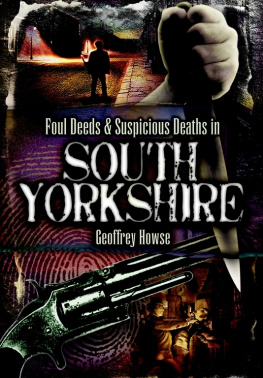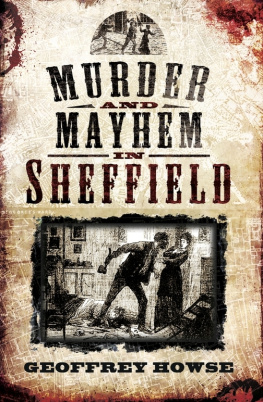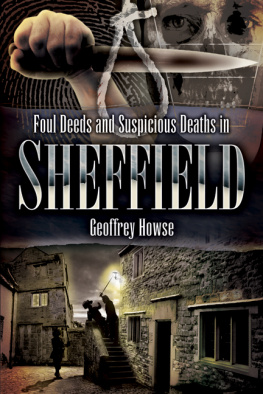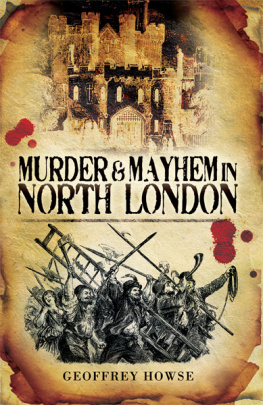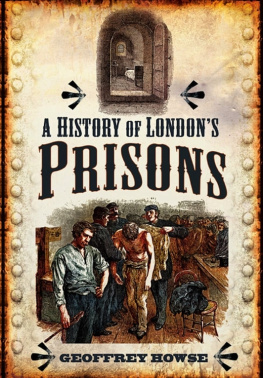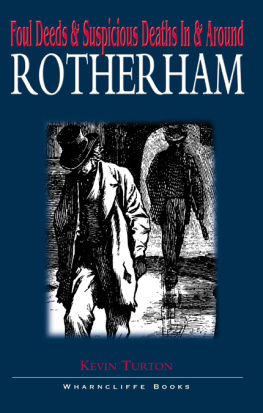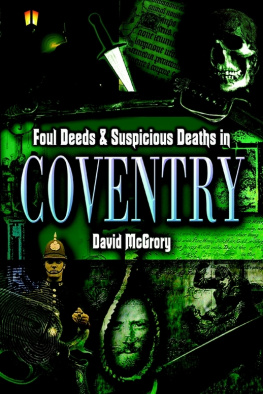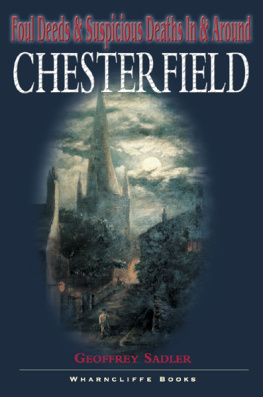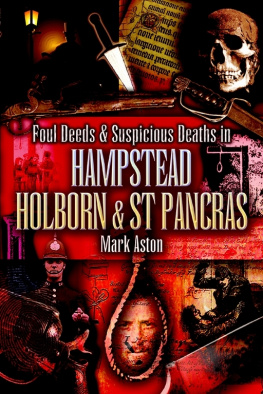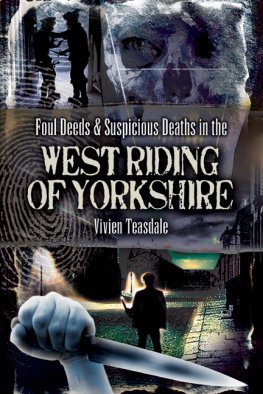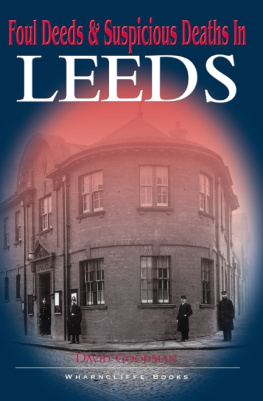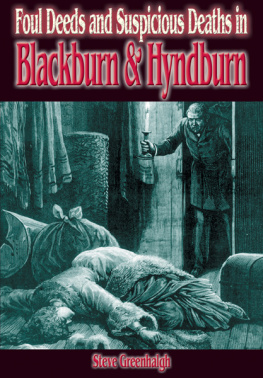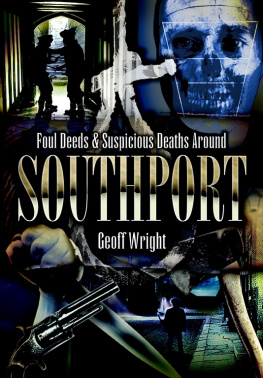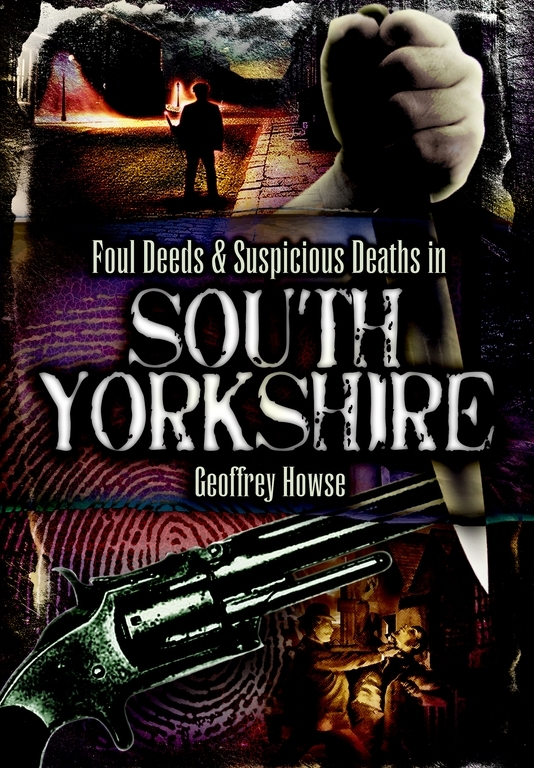Newspapers
The Times: 6 October 1834; 11 February 1874; 1, 11 September 1888; 14 December 1889; 1 January 1890; 21 December 1923.
Barnsley Chronicle and Penistone, Wath and Hoyland Journal: 14, 21, 28 December 1867; 11 January 1868; 1, 8, 22 February 1868; 4 April 1868; 15 September 1888; 22 December 1888.
Barnsley Chronicle & South Yorkshire News: 29 July 1933; 22 April 1939; 6 September 1947.
Barnsley Independent: 1 March 1884; 5 August 1892; 28 January 1905; 7 June 1919; 10 November 1923; 15 December 1923; 21 February 1925; 28 March 1925.
The Barnsley Times and General Advertiser, and Record of Mining and Manufacturing Interests: 25 May 1855; 21 July 1855; 14 December 1867; 11, 18 January 1868; 1, 8, 22 February 1868; 4 April 1868.
The Barnsley Times and South Yorkshire Gazette: 25 March 1871; 13 February 1875; 16 January 1875, 10 July 1875.
Sheffield and Rotherham Independent: 18, 19 December 1868; 2, 21 February 1869; 25, 26, 29 March 1869; 11 April 1878; 15 February 1889; 14 December 1889; 1 January 1890; 18, 22 September 1922; 2, 21 December 1922; 24 August 1893; 1892; 19, 20, 21, 22, 23, 24 August.
South Yorkshire Times and Express/Mexborough and Swinton Times: 10 February 1882; 6 May 1898; 11 January 1908; 8 January 1910; 5 March 1910; 4 January 1913; 19 April 1913; 1 February 1919; 13 July 1900; 20 July 1900; 22 July 1922; 12 February 1926; 15 April 1927.
Doncaster Chronicle: 15 February 1867; 5 April 1867; 31 May 1867.
The Illustrated Police News: 4 November 1876.
Star: 16, 18, 19, 21, 22 September 1922.
Sheffield Daily Telegraph: 19, 20, 22, 24 August 1889; 14 December 1889; 1 January 1889; 23 September 1922; 2 December 1922; 5, 6 January 1923.
Books
The Sheffield Murders 18651965, David Bentley, 2003 (ALD Design & Print, Sheffield).
Potters Corner, Ken Wyatt, 2005 (AMS Educational).
CHAPTER 1
A Miscellany of Crime from the Reign of William IV to Queen Victoria
The Swell Mob at Doncaster, 1834
... assured of a valuable booty, the three men determined to appropriate it for their own use on the last day of their visit.
On 6 October 1834, The Times wrote an article concerning the goings on at Doncasters famous September Race Week:
Doncaster, which at the season of the great St. Leger race is at all times the scene of desperate speculations, presented one at the meeting of a daring and successful description.
The report went on to say that on the first day of the race meeting three men of respectable appearance, dressed in the first style of fashion, went to the Falcon Inn, where they made inquiries about the availability of beds and other accommodation throughout the week. There being space available to accommodate these gentlemen, they were duly booked in, and their luggage conveyed to their respective apartments. The Times said this about the three gentlemen:
Their manners indicated a disposition to give freely, and to sustain the character which they had assumed. They ate and drank of the best, and expense seemed to be the last consideration in their minds. They every day visited the race course, with the apparent curiosity of strangers, and it was concluded that they were young men of fortune, who had no other pursuit, but that of pleasure. In the end, however, it turned out they were playing a deeper game.
The men paid particular attention to the movements of their host and discovered that he not only presided over their comforts at the Falcon Inn but also had a refreshment booth on the racecourse, to which a large body of people resorted during the course of each days racing. They also observed that after each days racing was over, their host, on his return from his booth, took the days receipts to what he believed to be a secure room upstairs in the inn. Thus assured of a valuable booty, the three men determined to appropriate it for their own use on the last day of their visit. To that end they managed to remove their own luggage, with the assistance of two others, to another house. While two of the men prepared to avail themselves of the landlords money, the third kept watch from the road outside, of the window that looked from the landlords room. Meanwhile, the two men inside gained entry to the room where the landlords valuables were kept, and broke open an escritoire, stealing more than 100. While the men were at their business, the landlord decided to visit his chamber, but upon finding some resistance when he attempted to open the door, supposed that some of his female intimates of the house were there, returning again downstairs. The two men inside being somewhat alarmed, decided to effect their escape by means of a window, the drop from which was not great. When the landlord returned downstairs he made inquiry of his servants as to which of his family was in his upstairs chamber. On being informed that none of them were, the landlord quickly returned upstairs, only to discover his loss, and that the birds had flown. The landlord looked out of the window just in time to see his three generous customers running off into the distance.
Gaoled for Shooting Gamekeeper, Wath-upon-Dearne, 1864
... the other poacher was striking Broadhead with a hedge stake and the other fellow swore he would knock his brains out with another bludgeon.

